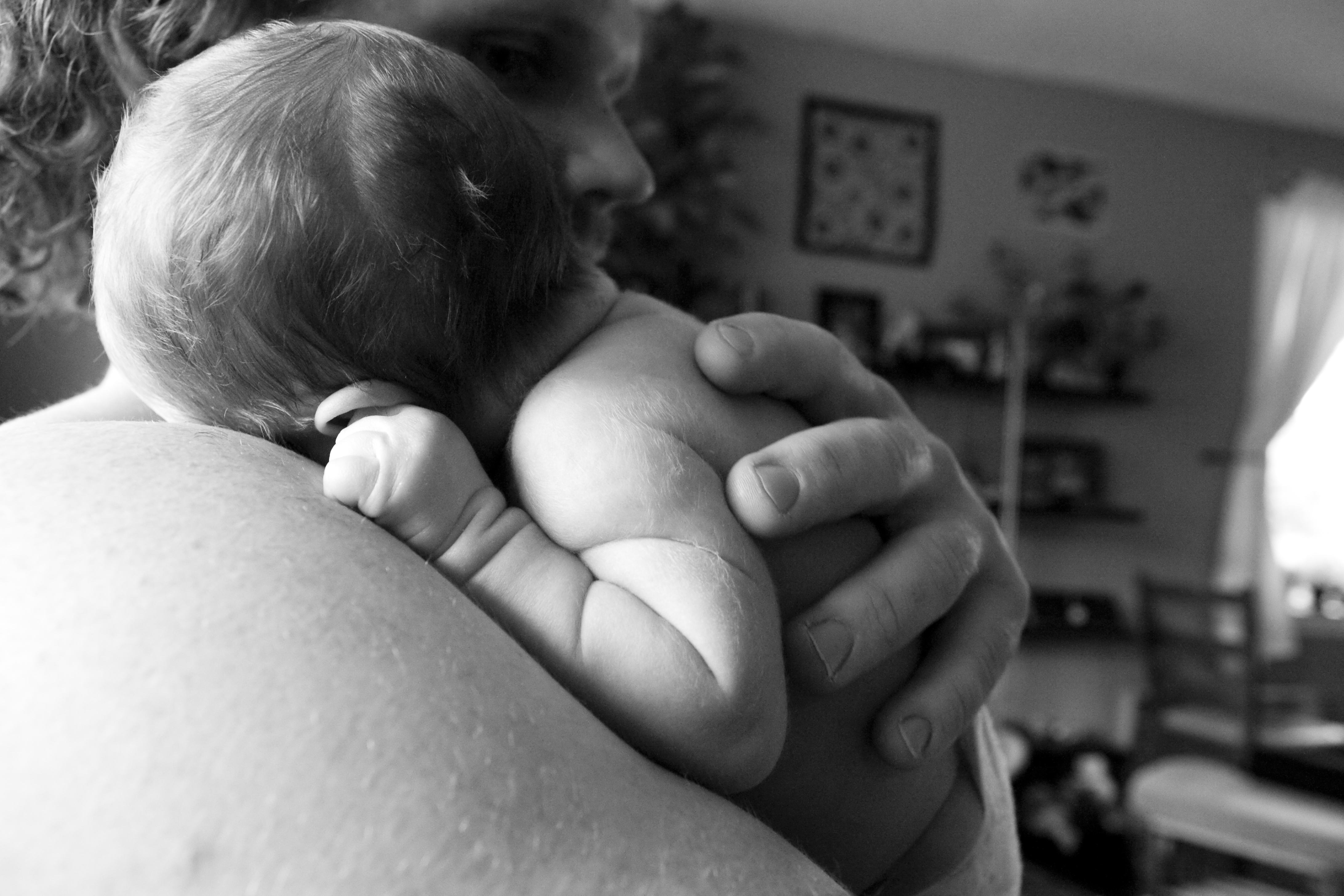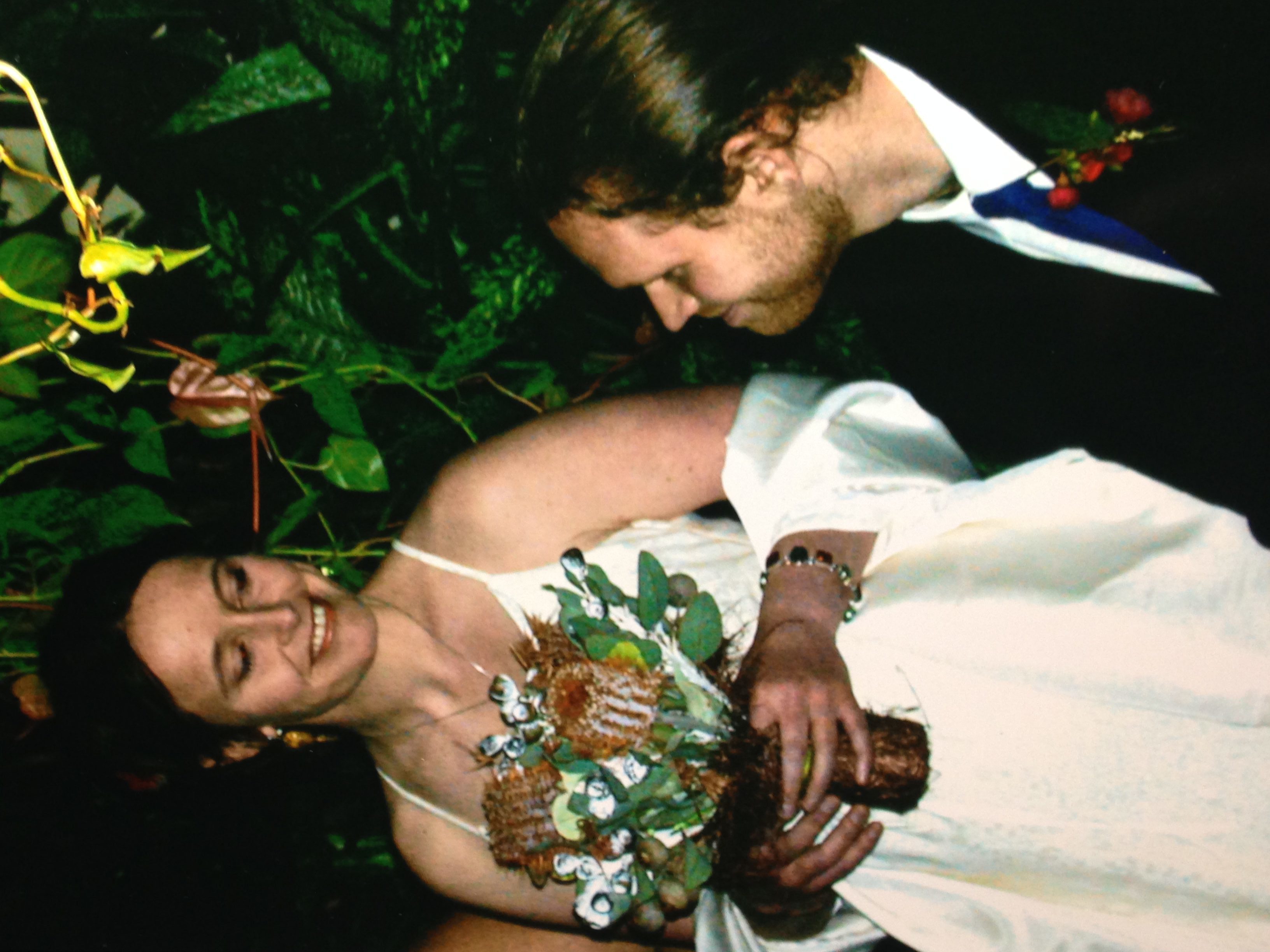The challenges of parenting with a disability
My six-year-old son told me last week that some kid at school said, “You have the worst Dad in the world because he is in a wheelchair.”
Almost hysterical, he was taking great gasping breaths as he told me.
My son, for the first time, was exposed to the preconceptions surrounding disabled people. And it fractured my heart a little.
In his mind “Dada is stronger than the Hulk”, and he couldn’t understand why someone would say his Dad was anything less than totally awesome.
A kid saying something mean to my son, allowed me to explain how some people, unfortunately, think negatively about the disabled.
“But why Mama, why do people think those things?”
Good question baby.

The kid actually articulated what a lot of adults also seem to think – disabled people are incapable of looking after themselves, let alone their children.
Disabled people not only have their own autonomy and competence, but also, their parenting capability questioned more frequently than able-bodied people.
“Is he okay to look after the kids?” a woman once asked me right in front of my husband – the children’s father!
When managing his daughter’s epic toddler tantrum, an old lady tried to lift her from his arms, assuming she was more proficient at settling a screaming child than a guy in a wheelchair.
Others have asked me “Is that safe?” motioning to my son sitting on Kev’s lap as he wheels along the footpath.
A lap he has sat upon since infancy.
Years ago, my father in law carried Kev in a backpack, down over slippery beach rock, lost his balance, flipped over backwards and landed upon his infant son. Yet not a soul asked him if that was safe.
Being treated in a patronising manner is part of life for many disabled people, with strangers feeling compelled to push a wheelchair without permission in the belief they are doing a good deed, or spouting condescending comments instead of a simple “How’s it going?” Frequently, people direct questions that should be addressed to Kev over his head to me, such as “Does he need some help?”
Somewhere they seem to have forgotten disabled people are just ordinary people.

Children learn from watching the actions and hearing the opinions of adults. It is important that they learn to treat others the way they would like to be treated, not how they feel they should treat people because someone may be watching, or worse, may not be watching.
Having a disabled parent can teach children understanding, compassion and empathy, about diversity, and that yes, sometimes life is hard. A parent succeeding despite obstacles demonstrates resilience, teaches strength of character, and gives kids a profound appreciation for a strong and healthy body, which helps foster a realistic body image.
Children with a disabled mum or dad understand that disabled people are just normal people, worthy of respect. And respect is something seriously lacking in our society today when the President of the United States thinks it’s okay to mock the disabled.
There may be limitations on their abilities, as there are on all parents abilities, but every disabled parent I know would drag themselves across the floor, if required, to get their kid a sandwich, use their teeth to hold a kid’s backpack on their lap as they wheel them to school, and do whatever else is necessary to give everything they can to their children.
Yes my husband is in a wheelchair, but he takes our kids camping, skiing and mountain biking. He teaches them about the natural world, space and astrophysics, buys them milkshakes if they ride their bikes all the way to the BMX track and back, and reads stories with a silly voice at bedtime.
But above all he loves them deeply and is always there for them.
It’s true that he might not do well in the schoolyard “My dad can run faster than your dad” competitions, but providing a lap for resting weary little legs is a pretty special gift.
And that’s something able-bodied parents just can’t do.

Em



